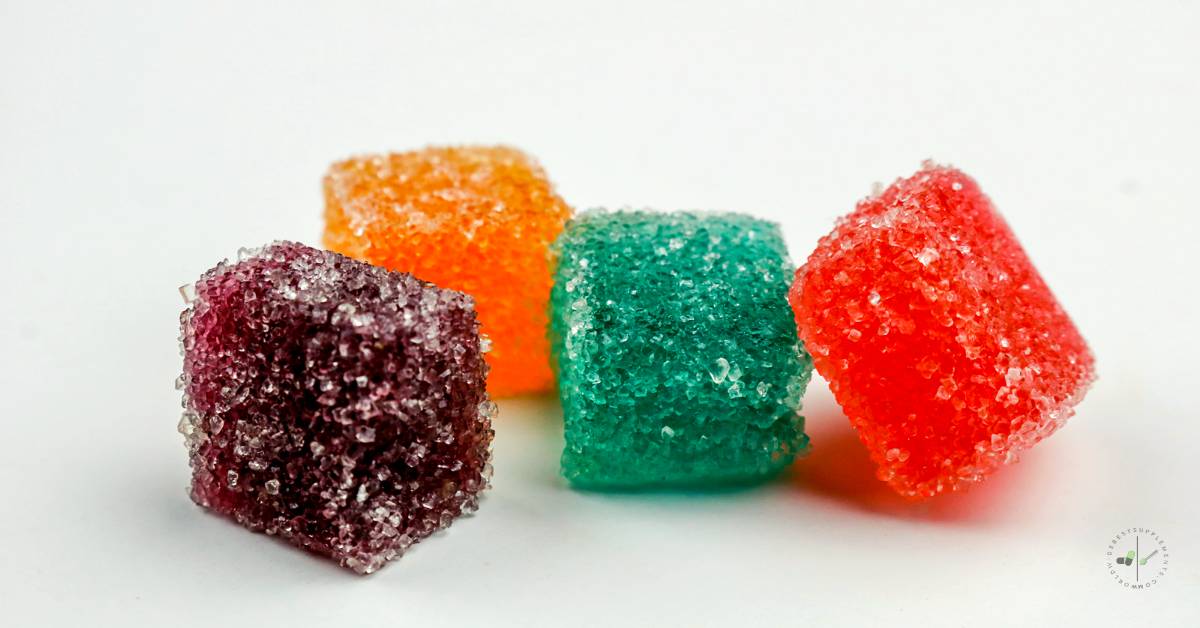It is important to be aware of the potential side effects of taking melatonin gummies if your child is considering taking them. Although melatonin is a hormone naturally produced in the body, it can also be taken in supplement form and is often used to help children fall asleep faster. However, there are potential side effects associated with taking melatonin gummies, and children should never take melatonin without consulting with their doctor first. In this article, we will discuss the potential side effects of taking melatonin gummies in children and the importance of consulting with a doctor before taking any type of supplement.
How Do Children Benefit From Taking Melatonin Gummies?
Melatonin gummies are becoming increasingly popular among parents who are looking for a natural way to help their children get a better night’s sleep. Although there is still much to be learned about the long-term effects of melatonin gummies, there is evidence that they can have many short-term benefits for children.
One of the primary benefits of melatonin gummies is that they can help children fall asleep faster and stay asleep longer. Melatonin is a hormone that is naturally produced in the body and is responsible for regulating the body’s sleep-wake cycle. Supplementing with melatonin gummies, especially before bedtime, can help to regulate the circadian rhythm and lead to improved sleep quality.
In addition to helping with sleep quality, melatonin gummies can also help to reduce anxiety and stress levels in children. Sleep deprivation can cause anxiety levels to rise, so a better night’s sleep can help to alleviate these symptoms. Melatonin gummies can also help children to feel more relaxed and calm, which can help them to maintain better emotional balance.
Finally, melatonin gummies can also help to improve focus and concentration in children during the day. Poor sleep patterns can lead to fatigue and difficulty concentrating, but taking melatonin gummies can help to restore focus and alertness.
Overall, there is evidence to suggest that melatonin gummies can have many positive benefits for children, including better sleep quality, reduced anxiety levels, and improved focus and concentration. It is important to note, however, that more research is needed to determine the long-term effects of melatonin gummies.
What Are the Potential Side Effects of Melatonin in Children?
The potential side effects of melatonin gummies in children should be taken into consideration before they are consumed. Melatonin is a hormone naturally produced in the human body that helps regulate the sleep-wake cycle. While typically safe for adults, caution should be taken when giving melatonin to children.
Common side effects of melatonin gummies in children include headaches, nausea, dizziness, irritability, and drowsiness. It is important to note that these side effects are usually mild and do not last long. However, if any of these symptoms persist or become severe, it is important to seek medical attention.
It is also important to note that melatonin can interact with certain medications and supplements. Therefore, it is best to consult with a doctor before giving your child melatonin gummies. A doctor can also assess any underlying medical conditions and advise on the appropriate dosage for your child.
In addition, it is important to be aware that melatonin can be habit-forming, especially in children. Therefore, it is best to use melatonin gummies as a short-term solution for occasional insomnia and not as a regular sleep aid.
Finally, it is important to ensure that the melatonin gummies are age-appropriate for your child and are of good quality. Poor-quality melatonin gummies can contain high levels of active ingredients, which can be harmful to children.
In conclusion, while melatonin gummies are generally safe for children, it is important to be aware of potential side effects and to use them with caution. Parents should always consult with a doctor before giving their child melatonin gummies and ensure that they are age-appropriate and of good quality.
Understanding the Risks of Long-Term Melatonin Use
Long-term use of melatonin in children can present a variety of risks and should be approached with caution. Melatonin is a hormone naturally produced by the body that is responsible for regulating the sleep-wake cycle. It can also be taken in supplement form, often to help with sleep disorders or jet lag. While melatonin is generally considered to be safe and effective for short-term use, the risks of long-term melatonin use in children are not yet fully understood.
One of the primary concerns with long-term melatonin use in children is its potential effect on hormonal development. Melatonin is known to interact with the body’s endocrine system, which controls and regulates hormones. In adults, melatonin supplementation is believed to have minimal effects on the endocrine system, but this is not necessarily the case for children. There is evidence that suggests that long-term use of melatonin in children can disrupt normal hormonal development and lead to long-term health problems.
Another potential risk is the potential for melatonin to interfere with the body’s natural sleep-wake cycle. In theory, melatonin helps to regulate the body’s circadian rhythm, which helps to control when the body is ready to go to sleep and when it should wake up. However, long-term melatonin use can cause the body to become dependent on the supplement, leading to difficulty sleeping without it. This could lead to insomnia, daytime fatigue, and other sleep issues.
Finally, long-term melatonin use in children can also lead to psychological issues, such as changes in mood. Since melatonin is a hormone that affects mood, it is possible that long-term use can lead to depression, anxiety, and other mental health issues.
Given the potential risks associated with long-term melatonin use in children, it is important to speak to a doctor before giving any type of supplement to a child. A doctor can help determine if melatonin is an appropriate solution for a particular condition and can provide information about proper dosing and potential risks. It is also important to remember that melatonin should not be used to replace good sleep habits, such as maintaining a consistent bedtime and a dark, quiet bedroom.
What Age is Appropriate to Introduce Melatonin?
It is not recommended that melatonin gummies be used to help children sleep until they are at least 14 years of age. While melatonin is a naturally occurring hormone, it is important to understand that it is not regulated by the FDA, and there is limited research regarding the effects of taking supplemental melatonin in children. Additionally, the dosing of melatonin supplements can vary widely, and it is important to consult with a physician before giving any supplement to a child.
For children under the age of 14, other methods of promoting good sleep hygiene, such as avoiding screens and stimulating activities close to bedtime, and setting a consistent bedtime routine, should be used. If these methods are unsuccessful and a physician has determined that melatonin supplementation is appropriate, it is important to start with the lowest dose and adjust as needed.
It is also important to note that melatonin gummies are not intended to be a long-term solution to sleep difficulties. Parents should work with their physicians to develop an individualized plan that best meets their child’s needs.
Conclusion
In conclusion, it is important to remember that children should never take melatonin gummies as they can have serious side effects. As a parent, it is essential to talk to your doctor before letting your child consume any supplement, especially one that contains melatonin. While melatonin gummies can be tempting to give to children, the potential risks outweigh the potential benefits.






